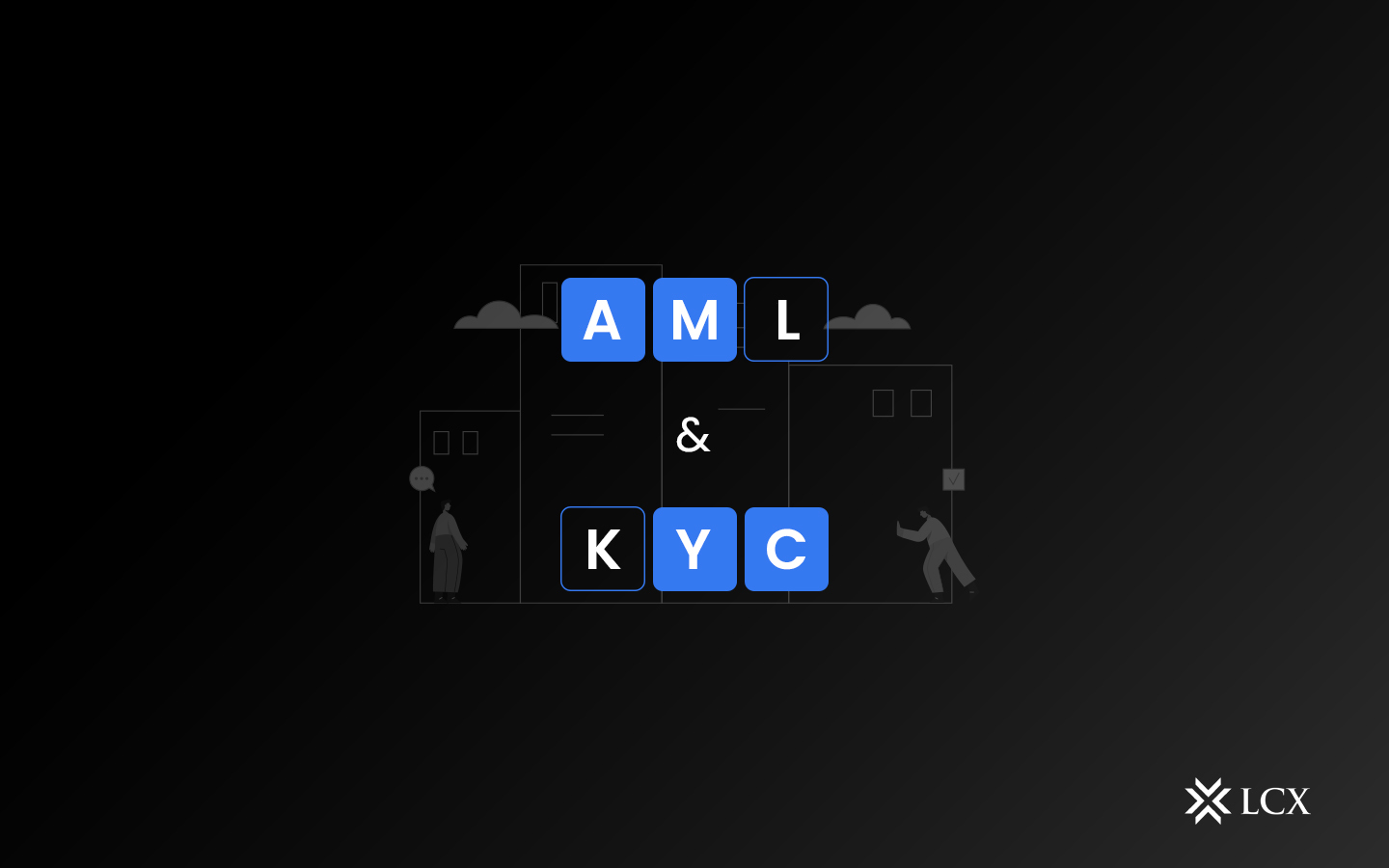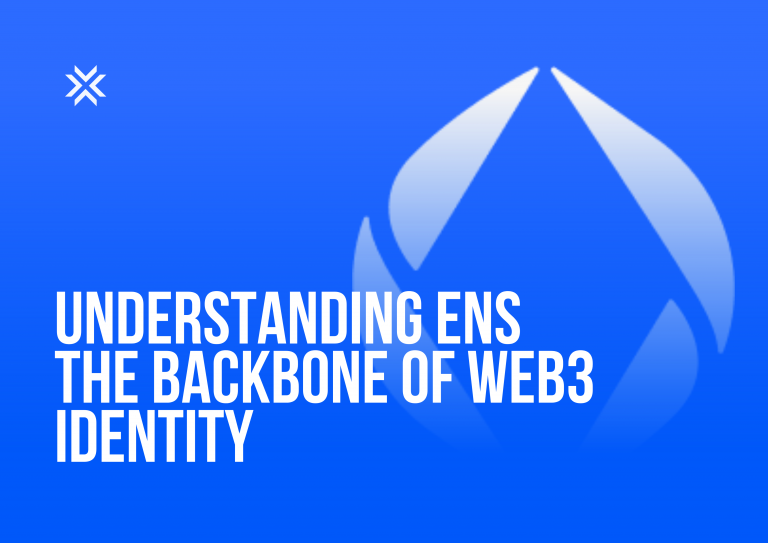Financial institutions are required to follow some preventive measures to prevent fraud, corruption, money laundering, and terrorist financing. Cryptocurrencies are no different from traditional markets when it comes to money laundering. The anonymity offered by cryptocurrency makes it a prime target for criminal activity, including laundering money and funding terrorist activities. This can be prevented by enacting strong anti-money laundering legislation (AML). Cryptocurrency exchanges and custodian services are therefore required to comply with KYC/AML guidelines.
As global regulators pay greater attention to cryptocurrency transactions, crypto exchanges must address their compliance responsibilities more than ever before. Understanding why KYC and AML are needed is the first step before delving into the details of what they are.
The Problem: Crypto Laundering
Although crypto transactions are fast, anonymous, and cross-border, they are enticing to criminals who wish to launder their illicit proceeds. Money laundering risks increasing in the crypto industry without countermeasures. Regulatory restrictions and reputational damage could significantly hamper the growth of the industry and possibly result in fines, sanctions, and even outright bans.
Over $33 billion has been laundered through cryptocurrency since 2017, according to Chainalysis. Money laundering is estimated to cost between $800 billion and $2 trillion per year, which is an eye-opening statistic.
The Solution: KYC & AML
Guidelines on KYC/AML are designed to prevent the use of financial institutions for money laundering and terrorist financing by criminal elements, whether intentionally or unintentionally. The adoption of KYC/AML systems by exchanges and crypto companies would make it easier to verify the identity of users who might be scamming others. It will then be easier to trace crimes, identify offenders, and assist the government in taking any actions that may be necessary. Regulated crypto exchanges like LCX Exchange, follow a strict KYC procedure to prevent money laundering and illicit activities on their platform.
What is AML?
As the name implies, AML or Anti money laundering refers to the steps that financial institutions and crypto exchanges must take to prevent criminals from money laundering that is depositing or transferring funds that have been obtained illicitly. AML regulations are explicitly designed to prevent terrorism financing and illegal activities including trading illegal goods, evading taxes, manipulating markets, and laundering ill-gotten gains.
Financial institutions are required to conduct due diligence on their clients, flag suspicious transactions, and flag suspicious customers in order to prevent the global spread of these activities.
What is KYC?
Essentially, KYC or Know-Your-Customer is the process by which an exchange verifies that its customers are who they claim to be and that they do not pose any threat to the business. AML and KYC are often used interchangeably, but KYC falls under the bigger umbrella of AML. KYC is a must-piece of the cryptocurrency AML programs for regulated crypto trading entities.
The process involves the collection of Personal Identifiable Information (PII) from a customer, including their full name, date of birth, and address. Verification is carried out by comparing their official government documents, such as a passport or a driver’s license, with their proof of address, such as a utility bill.
The LCX Exchange revamp is done successfully. Now is the best time to complete your KYC and get verified on the exchange to experience the new features and look of the LCX Exchange.
Complete your KYC on LCX Now: https://accounts.lcx.com/settings/account-verification
Final Thoughts
In the crypto world, AML compliance is a must, which means effective KYC procedures must be implemented. As part of the fight against money laundering and other crimes, it plays an important role. Even though KYC checks may seem like an extra step, they offer a high level of security. Crypto traders can trade crypto more confidently and securely on exchanges like LCX with KYC as part of AML measures.









